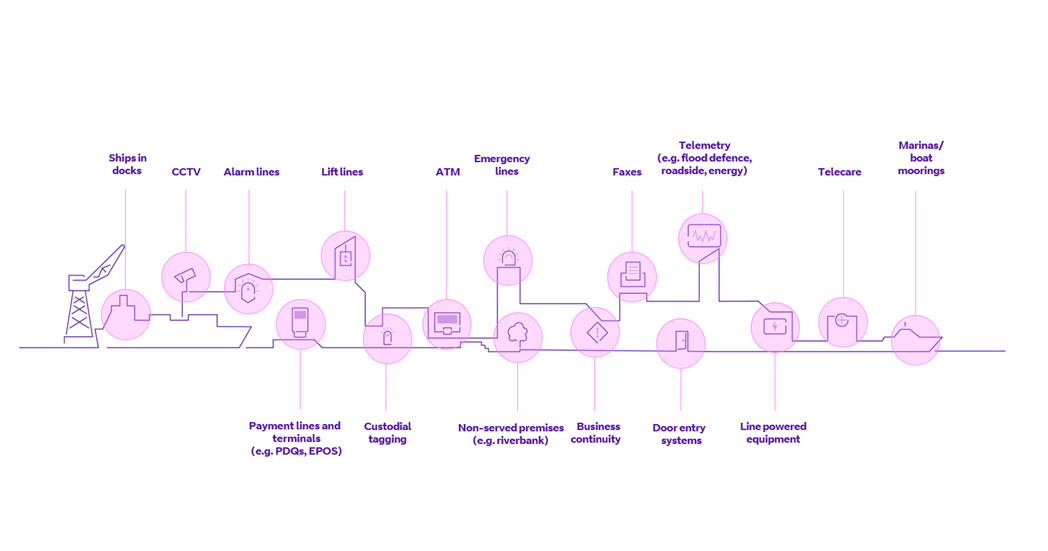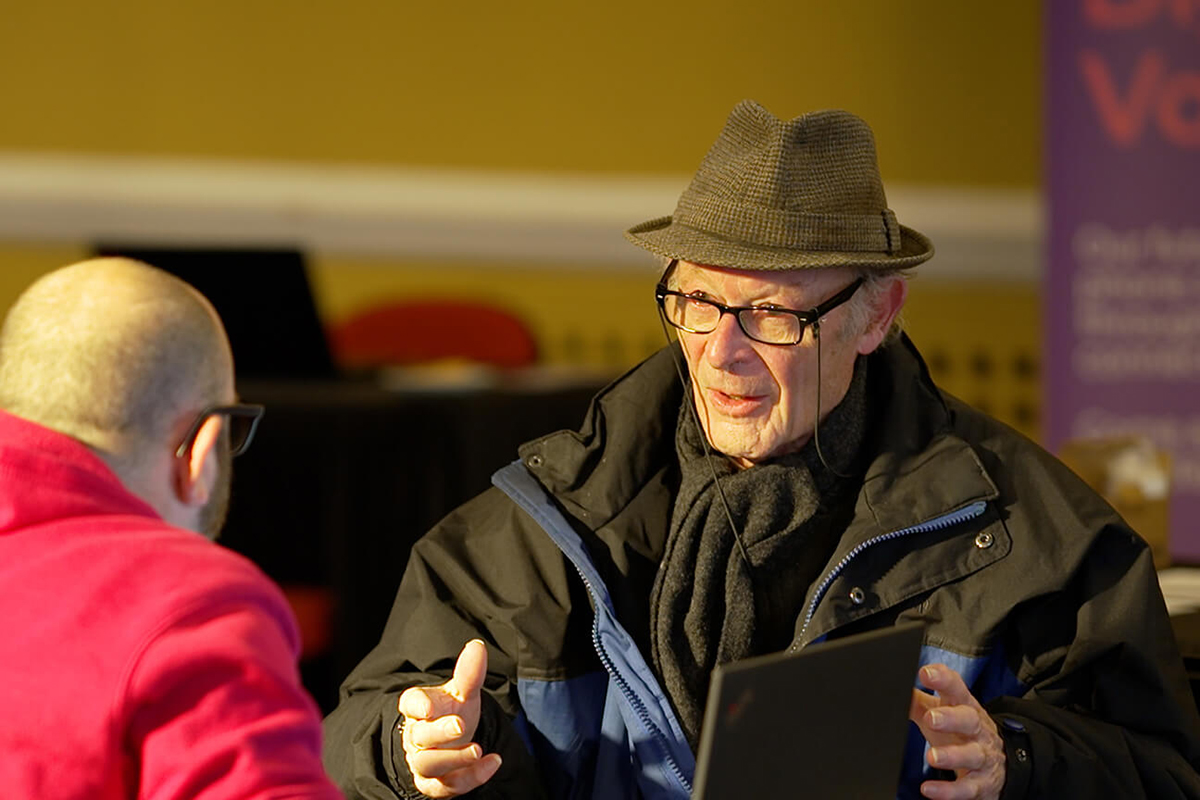Traditional phone lines aren't just for making voice calls. There are also various products and services that rely on the network, such as alarms, telecare devices, lifts, modems and more. If you use or provide equipment that connects to the analogue network, it's important to understand how the switch-off could affect your services.
Our company
Our people
UK & worldwide
Policy & Regulation
Our history
Digital Switchover
Share price information
Financial reporting & news
Individual shareholders
Debt investors
Investor contacts
Why BT Group
Early careers
Experienced professionals
Search roles






